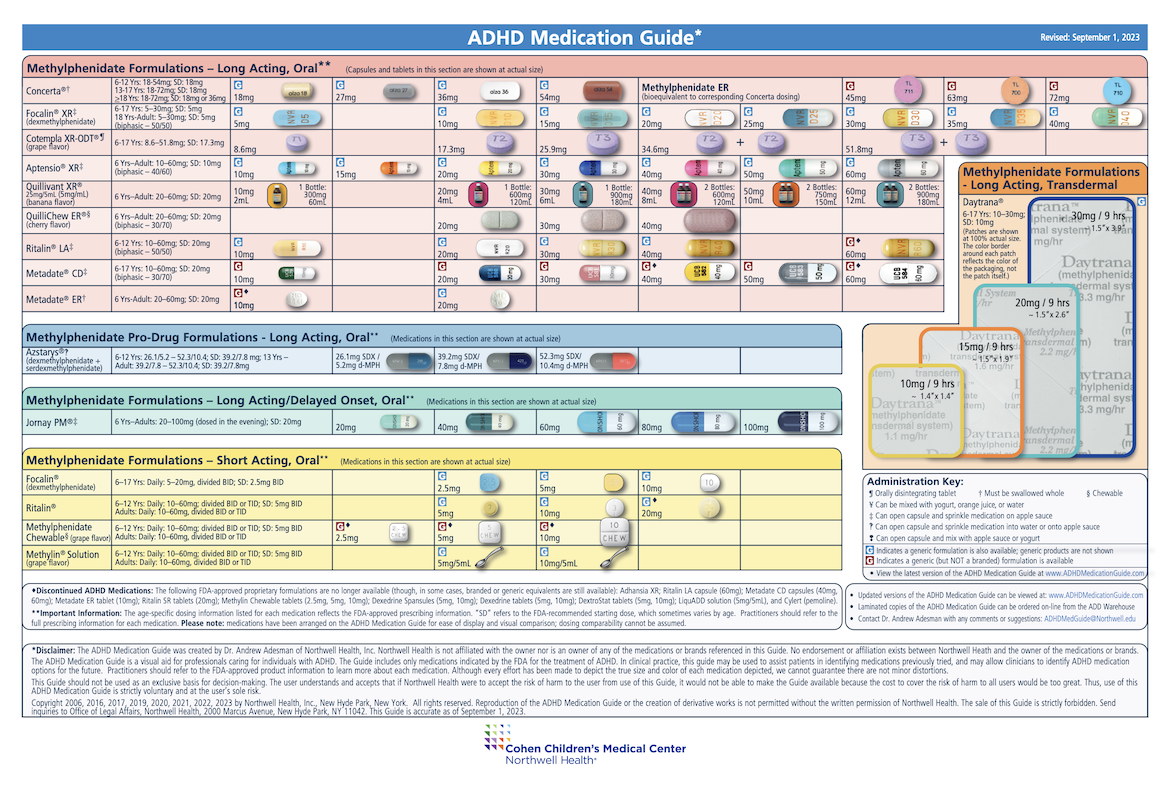Exploring Efficient ADHD Treatment Options for All Ages
The intricacies of Focus Deficit Attention Deficit Disorder Condition (ADHD) present unique challenges throughout different age groups, requiring a detailed expedition of reliable therapy choices. A mix of behavioral treatments, pharmacological treatments, and way of living modifications has actually revealed pledge in resolving the varied requirements of individuals with ADHD.
Comprehending ADHD and Its Effect
Attention-Deficit/Hyperactivity Disorder (ADHD) is a neurodevelopmental problem defined by consistent patterns of inattention, attention deficit disorder, and impulsivity that can dramatically influence different facets of a person's life. It usually manifests in childhood years, although signs can persist into their adult years. The core signs of ADHD can disrupt educational efficiency, hinder social communications, and complicate job-related endeavors.
Individuals with ADHD frequently fight with keeping focus on tasks, organizing activities, and following up on guidelines, which can result in academic underachievement (Depression Treatment). In social contexts, impulsivity might cause difficulties in forming and sustaining partnerships, as people may interrupt conversations or make hasty choices without thinking about effects
The variability in signs and symptom presentation means that ADHD can affect individuals in a different way, demanding a tailored technique to administration. Comprehensive recognition of ADHD's nature and implications lays the groundwork for checking out suitable therapy options customized to each individual's demands.
Behavioral Therapies for ADHD
Various behavior modifications have been established to efficiently resolve the obstacles connected with ADHD, focusing on customizing particular actions and cultivating vital skills. Amongst the most identified techniques are cognitive-behavioral therapy (CBT), moms and dad training, and social abilities training.
CBT aids individuals determine and change negative thought patterns and actions, advertising an extra favorable outlook and improved self-regulation. This therapy commonly includes sensible strategies for handling impulsivity and improving organization. Moms and dad training programs equip caretakers by equipping them with methods to reinforce favorable behaviors and set regular boundaries, which can be specifically advantageous for children with ADHD.
Social skills training is another essential part, teaching people with ADHD how to interact effectively with peers - Depression Treatment. This strategy typically includes role-playing and comments to enhance interaction, teamwork, and conflict resolution abilities
Including these behavior modifications into a thorough therapy plan can significantly boost functioning and high quality of life for individuals with ADHD. Eventually, the effectiveness of these therapies depends on tailored strategies that take into consideration the distinct demands of everyone, thus promoting durability and versatility in life.
Medication Options Available
For several people with ADHD, medicine can play a significant role in their website managing signs and boosting overall functioning. Both main categories of medicines recommended for ADHD are stimulants and non-stimulants.
Stimulants, such as methylphenidate and amphetamine-based medications, are the most typically made use of therapies. These medications function by boosting the levels of natural chemicals, especially dopamine and norepinephrine, in the mind, which see this website helps boost attention and lower impulsivity and hyperactivity. They typically produce rapid results, making them a recommended option for numerous clients.

It is crucial for doctor to conduct a thorough assessment to figure out one of the most appropriate medication based on individual demands, medical background, and prospective negative effects. Routine follow-up and surveillance are additionally vital to ensure the performance of the chosen treatment and to make any necessary changes.
Way Of Life Modifications to Consider
Handling ADHD successfully expands past drug, as way of life adjustments tdt counselor can substantially improve overall health and sign control. Incorporating structured regimens is important; consistent schedules assist individuals with ADHD handle their time efficiently and decrease sensations of overwhelm.
Regular physical task is another essential element. Exercise not just aids to boost focus however also increases mood and decreases anxiety levels. Tasks such as yoga exercise or team sports can be specifically helpful, advertising both fitness and social communication.
Nutrition also plays a critical duty. Depression Treatment. A balanced diet rich in omega-3 fats, whole grains, and lean healthy proteins can add to enhanced emphasis and cognitive function. Limiting sugar and processed foods is recommended, as these can exacerbate hyperactivity and impulsivity
Sleep hygiene is vital for taking care of ADHD signs. Developing a normal sleep timetable and creating a restful setting can improve rest quality, causing much better interest and emotional policy.
Alternative and Alternative Approaches
Alternate and alternative approaches to ADHD therapy use a diverse array of choices that enhance typical approaches. These techniques typically concentrate on way of living adjustments, dietary interventions, and restorative methods that intend to improve general health while attending to ADHD signs.
:max_bytes(150000):strip_icc()/adhd-treatment-4157278_FINAL-848b0cfc4d0b42a0b66c3d2ca894e9dd.png)
Mindfulness and behavior modifications are likewise acquiring grip as holistic treatments. Practices such as yoga exercise, reflection, and cognitive-behavioral therapy can cultivate self-regulation and boost interest. These approaches support psychological resilience, which is specifically useful for individuals with ADHD.
Natural supplements, such as ginkgo biloba and ginseng, are sometimes explored; however, it is important to speak with health care specialists before including these right into therapy strategies. While alternative and all natural strategies can provide useful support, they must preferably be used along with evidence-based therapies to attain optimum results for taking care of ADHD across every ages.
Verdict
In summary, reliable ADHD therapy requires a comprehensive method that includes behavioral therapies, medication, way of living alterations, and alternative approaches. This complex strategy underscores the relevance of personalized care in attending to the varied demands of individuals with ADHD across all age teams.